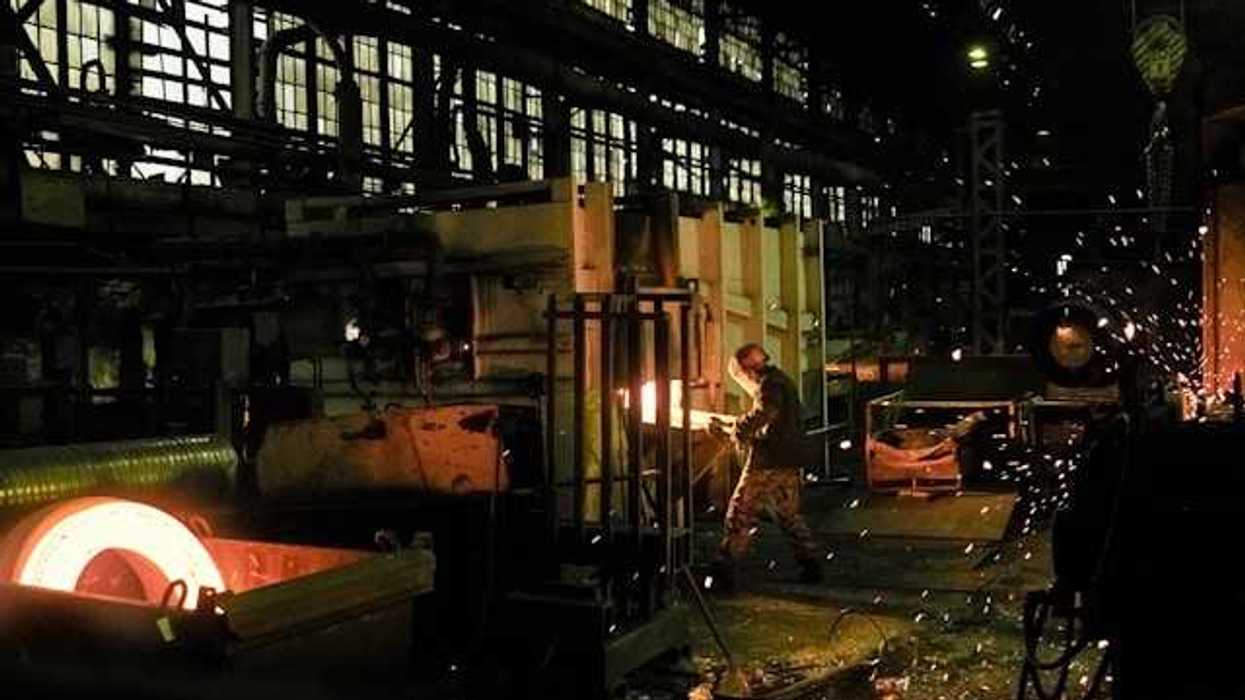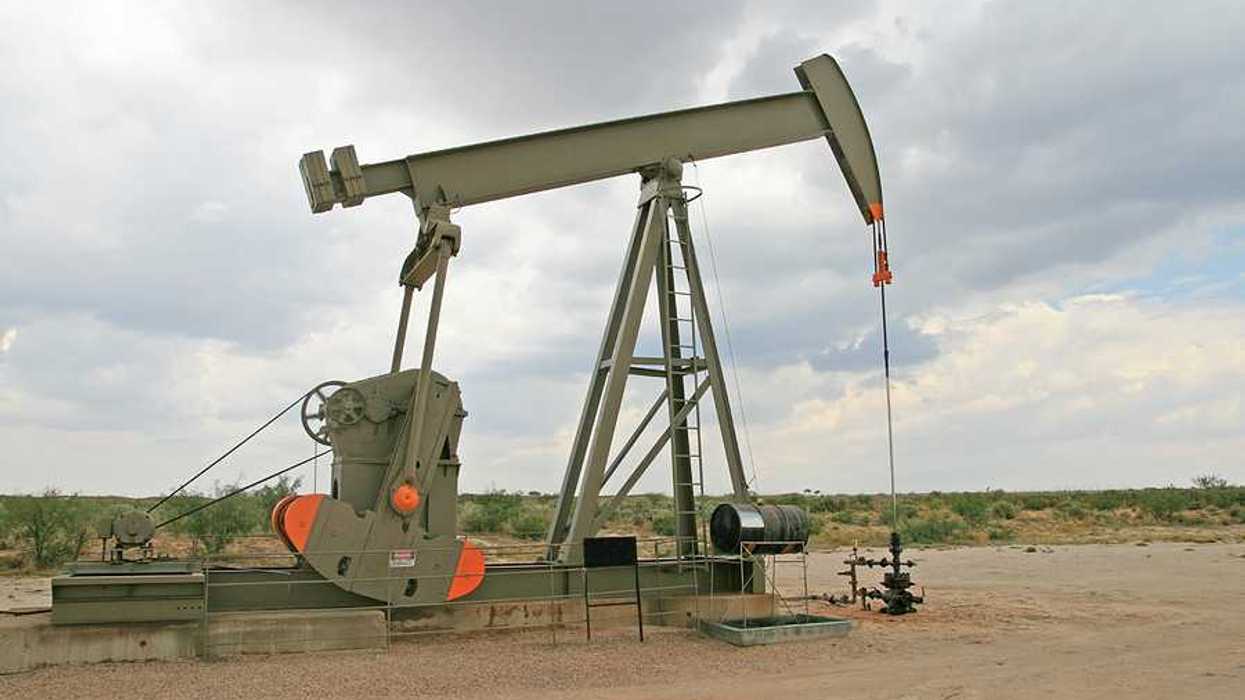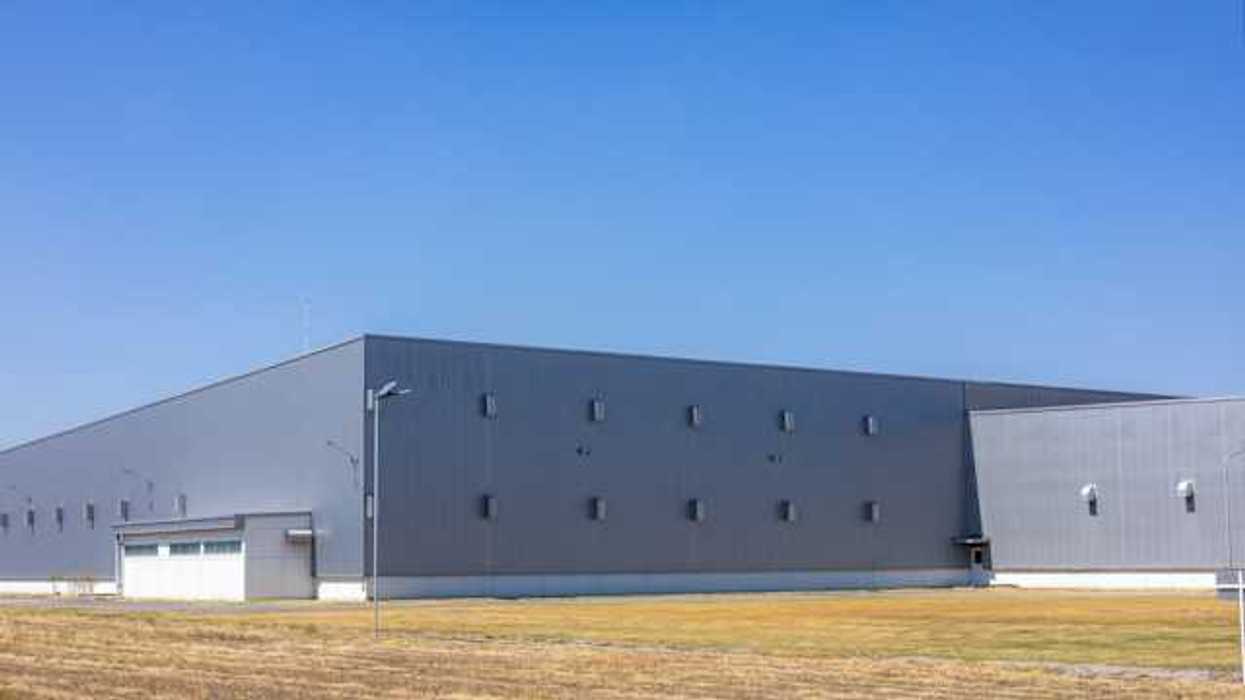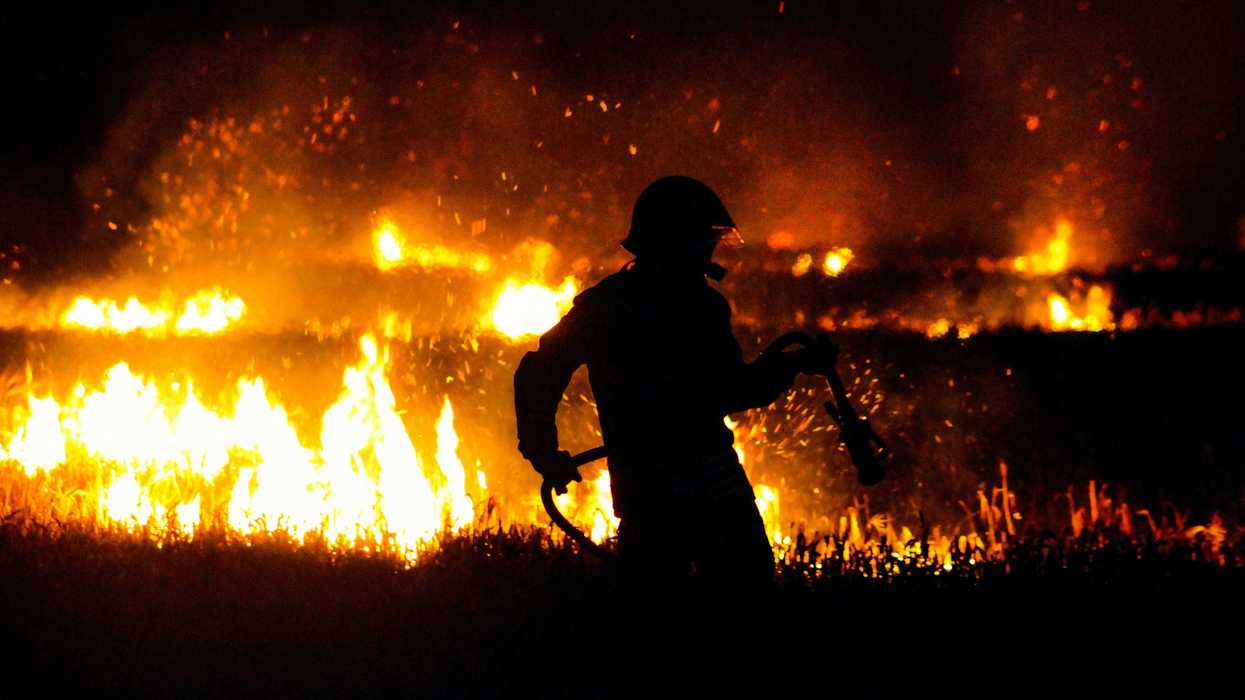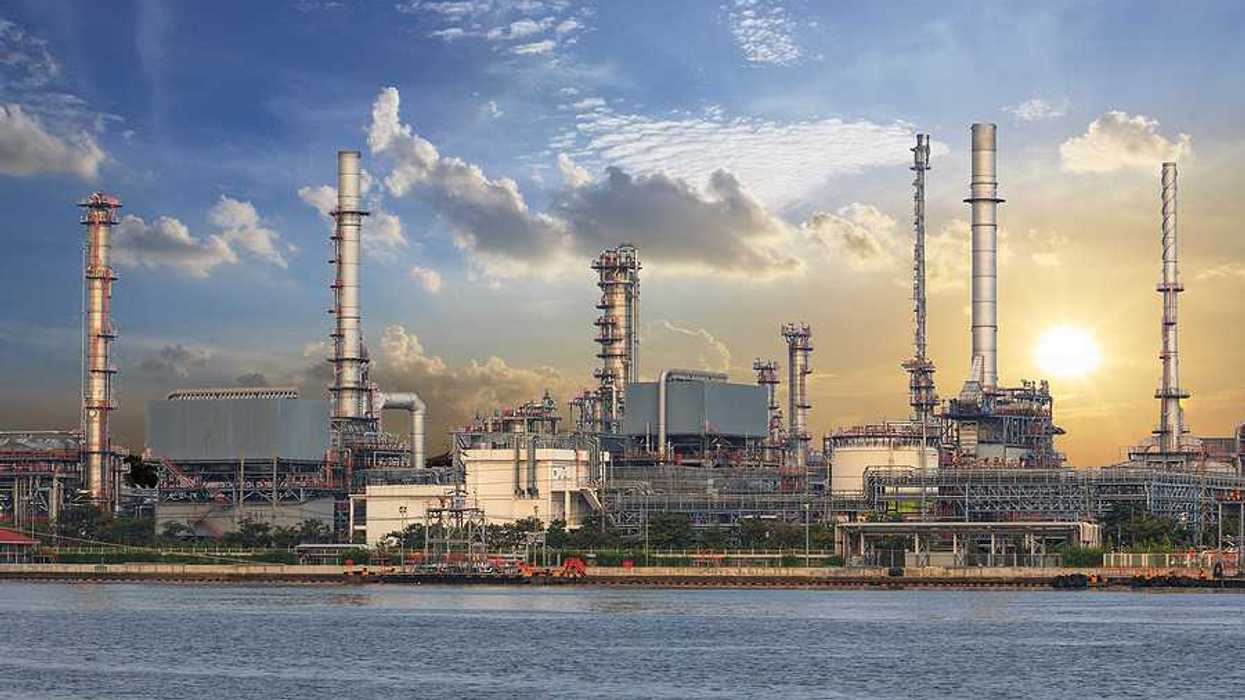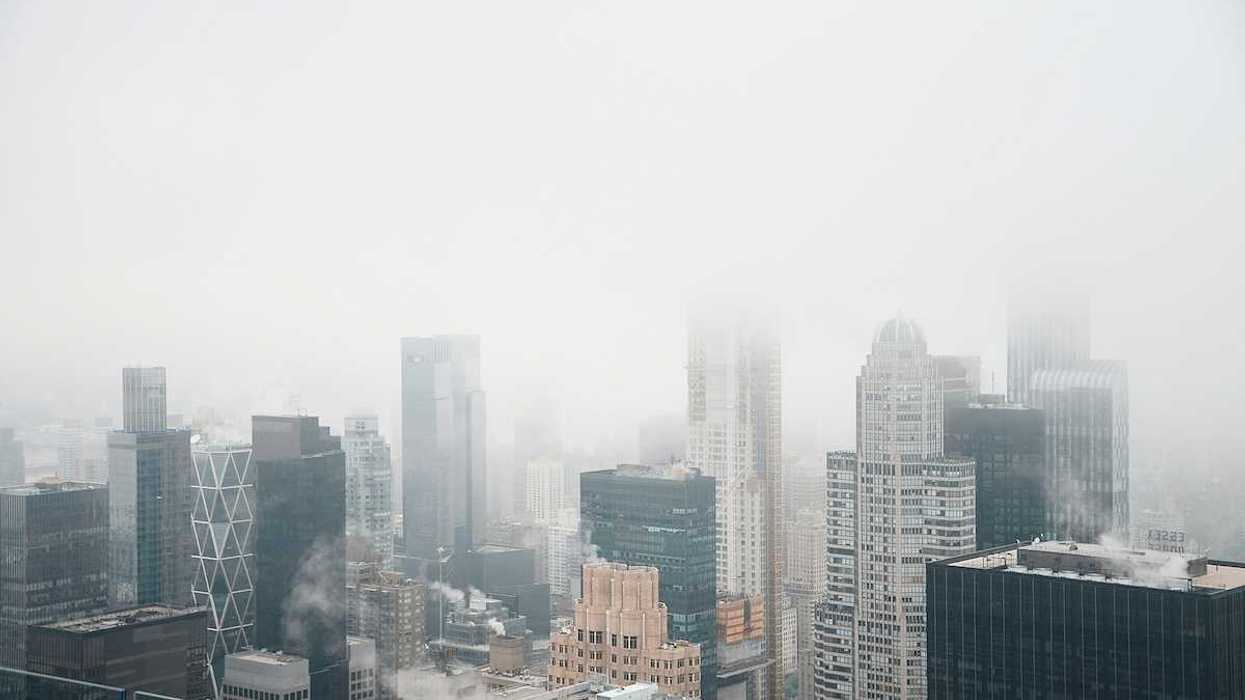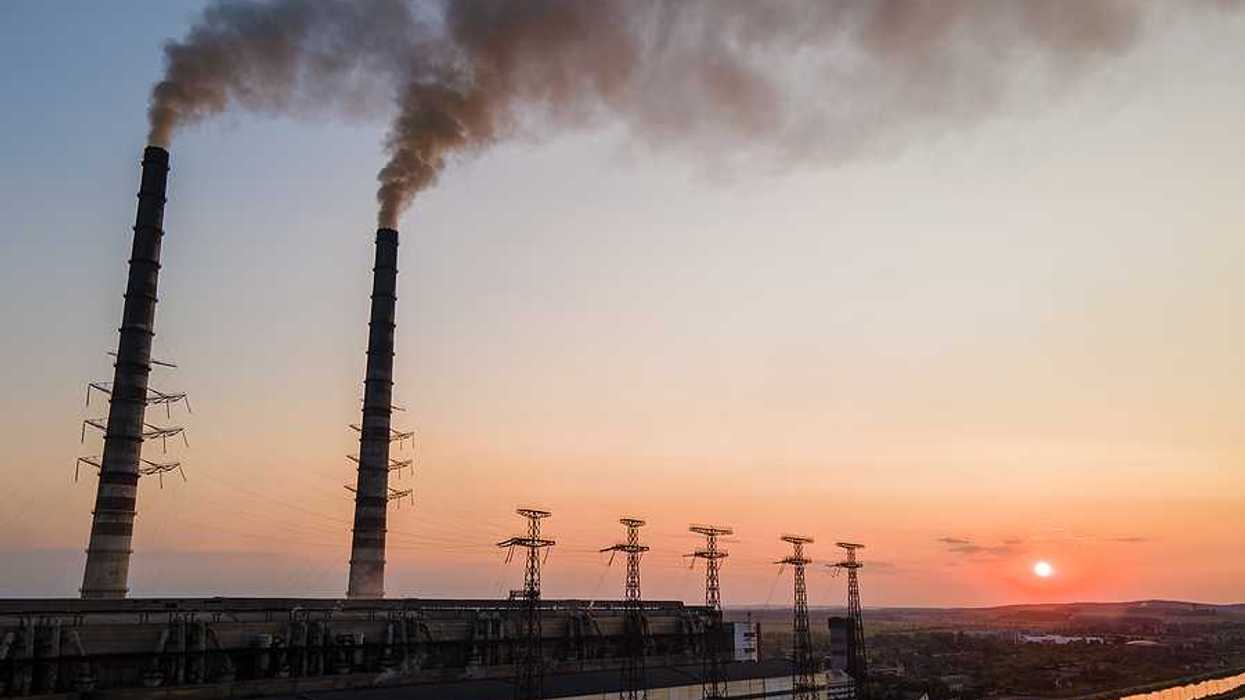Last year's extreme heat, droughts and wildfires weakened forests' ability to absorb carbon dioxide, raising climate change concerns, a new study reveals.
Dino Grandoni reports for The Washington Post.
In short:
- Earth’s land lost significant carbon absorption capacity in 2023 due to high temperatures and severe wildfires.
- Preliminary research indicates a troubling trend that could complicate climate change mitigation efforts.
- Northern forests may struggle to recover their carbon-absorbing abilities compared to tropical rainforests.
Key quote:
“We expect the land sink to slow eventually, but I hoped it wouldn’t happen so soon. If it slows this early, we’re in trouble.”
— Rob Jackson, a climate scientist at Stanford and author of the book “Into the Clear Blue Sky
Why this matters:
Forests act as vital carbon sinks, reducing the amount of CO2 in the atmosphere. Their diminished capacity to absorb carbon could accelerate global warming, making climate change harder to combat.




